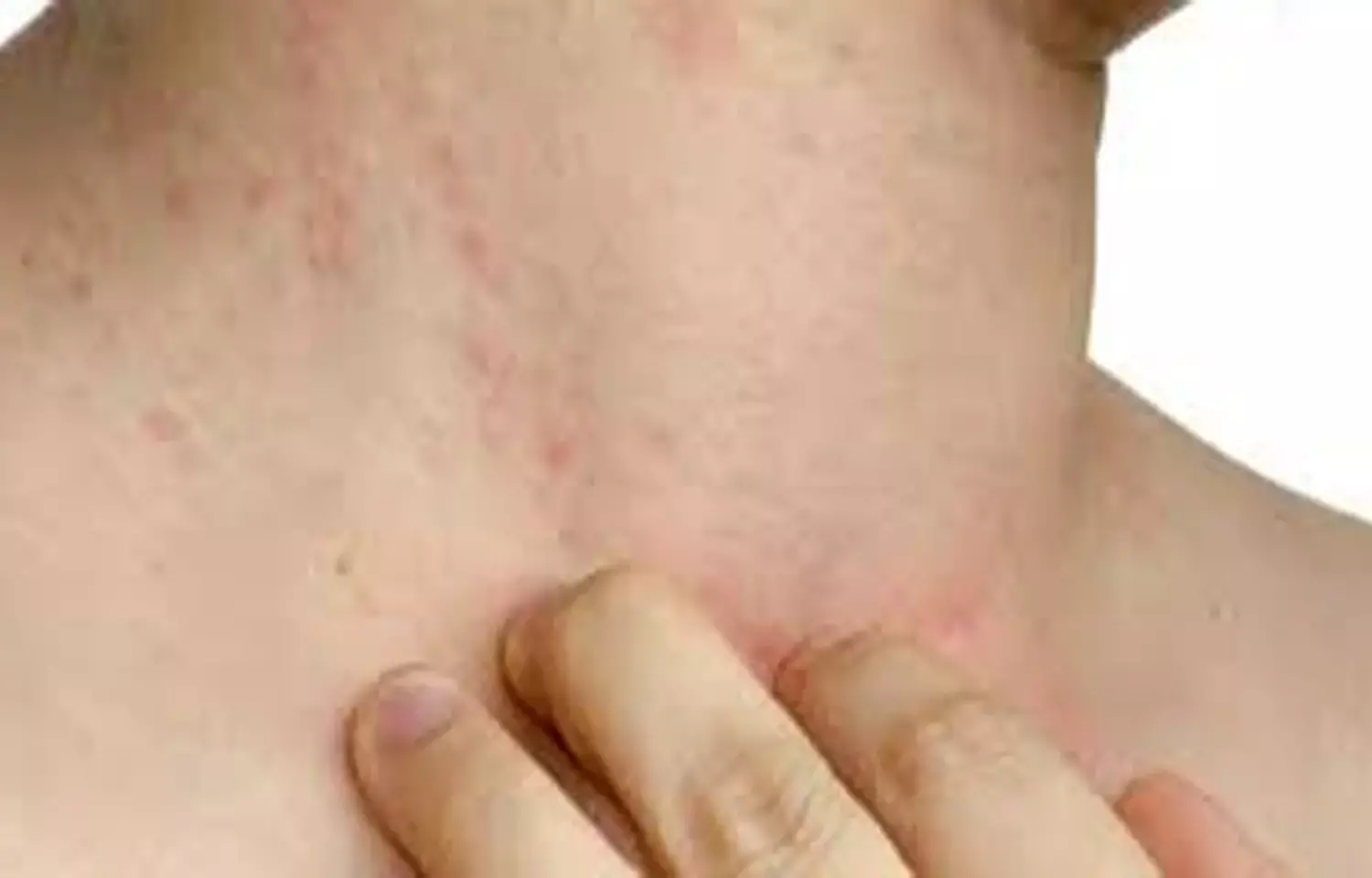- Home
- Medical news & Guidelines
- Anesthesiology
- Cardiology and CTVS
- Critical Care
- Dentistry
- Dermatology
- Diabetes and Endocrinology
- ENT
- Gastroenterology
- Medicine
- Nephrology
- Neurology
- Obstretics-Gynaecology
- Oncology
- Ophthalmology
- Orthopaedics
- Pediatrics-Neonatology
- Psychiatry
- Pulmonology
- Radiology
- Surgery
- Urology
- Laboratory Medicine
- Diet
- Nursing
- Paramedical
- Physiotherapy
- Health news
- Fact Check
- Bone Health Fact Check
- Brain Health Fact Check
- Cancer Related Fact Check
- Child Care Fact Check
- Dental and oral health fact check
- Diabetes and metabolic health fact check
- Diet and Nutrition Fact Check
- Eye and ENT Care Fact Check
- Fitness fact check
- Gut health fact check
- Heart health fact check
- Kidney health fact check
- Medical education fact check
- Men's health fact check
- Respiratory fact check
- Skin and hair care fact check
- Vaccine and Immunization fact check
- Women's health fact check
- AYUSH
- State News
- Andaman and Nicobar Islands
- Andhra Pradesh
- Arunachal Pradesh
- Assam
- Bihar
- Chandigarh
- Chattisgarh
- Dadra and Nagar Haveli
- Daman and Diu
- Delhi
- Goa
- Gujarat
- Haryana
- Himachal Pradesh
- Jammu & Kashmir
- Jharkhand
- Karnataka
- Kerala
- Ladakh
- Lakshadweep
- Madhya Pradesh
- Maharashtra
- Manipur
- Meghalaya
- Mizoram
- Nagaland
- Odisha
- Puducherry
- Punjab
- Rajasthan
- Sikkim
- Tamil Nadu
- Telangana
- Tripura
- Uttar Pradesh
- Uttrakhand
- West Bengal
- Medical Education
- Industry
Mycophenolate mofetil steroid sparing treatment option for bullous pemphigoid

USA: In a new study conducted by Sydney E. Liang and team, it was shown that mycophenolate mofetil (MMF) is an effective and safe therapy for bullous pemphigoid (BP), producing improvement and full response in the majority of patients and remission in a small number. The findings of this study were published in the Journal of Drugs in Dermatology.
Systemic glucocorticoids are the first-line treatment for individuals with bullous pemphigoid, the most prevalent autoimmune blistering illness, although they have a long list of adverse effects. Mycophenolate mofetil may be useful in BP as a steroid-free option, however, data is weak. As a result, this research was carried out to assess the effectiveness and safety of MMF in individuals with BP. For this retrospective study, the records of patients with BP treated with MMF alone or in combination with prednisone who presented between 2013 and 2017 were evaluated.
The results of this study stated as follow;
1. There were 26 patients in all. Twelve patients were treated only with MMF (monotherapy), and fourteen were treated concurrently with MMF and prednisone at some time throughout their treatment course (dual therapy).
2. MMF medication resulted in a decrease in blood pressure in 26 (100%) of the patients.
3. The average time to improve was 0.8 months.
4. 25 (96.2%) patients [11/12 (91.7%) on monotherapy and 14/14 (100%) on combined treatment] achieved full disease control.
5. The average duration to full control for all patients was 5.6 months.
6. After discontinuing MMF, 12 (46.2%) patients [4/12 (33.3%) on monotherapy and 8/14 (57.1%) on combined treatment] sustained illness remission with no recurrent flares for up to 15 months.
7. Twelve minor side effects were observed, with one person terminating treatment owing to gastrointestinal issues.
8. There were no recorded serious adverse effects.
In conclusion, MMF was found to be a safe and effective steroid-sparing medication for the treatment of bullous pemphigoid in the research.
Reference:
Liang, S., Cohen, J., & Soter, N. (2022). The Use of Mycophenolate Mofetil in the Treatment of Bullous Pemphigoid. Journal of drugs in dermatology: JDD, 21(2), 151–155. https://doi.org/10.36849/jdd.6042
Keywords: bullous pemphigoid, dermatology, Mycophenolate Mofetil, blood pressure, autoimmune disease, glucocorticoid, Journal of Drugs in Dermatology,
Medical Dialogues consists of a team of passionate medical/scientific writers, led by doctors and healthcare researchers. Our team efforts to bring you updated and timely news about the important happenings of the medical and healthcare sector. Our editorial team can be reached at editorial@medicaldialogues.in.
Dr Kamal Kant Kohli-MBBS, DTCD- a chest specialist with more than 30 years of practice and a flair for writing clinical articles, Dr Kamal Kant Kohli joined Medical Dialogues as a Chief Editor of Medical News. Besides writing articles, as an editor, he proofreads and verifies all the medical content published on Medical Dialogues including those coming from journals, studies,medical conferences,guidelines etc. Email: drkohli@medicaldialogues.in. Contact no. 011-43720751


